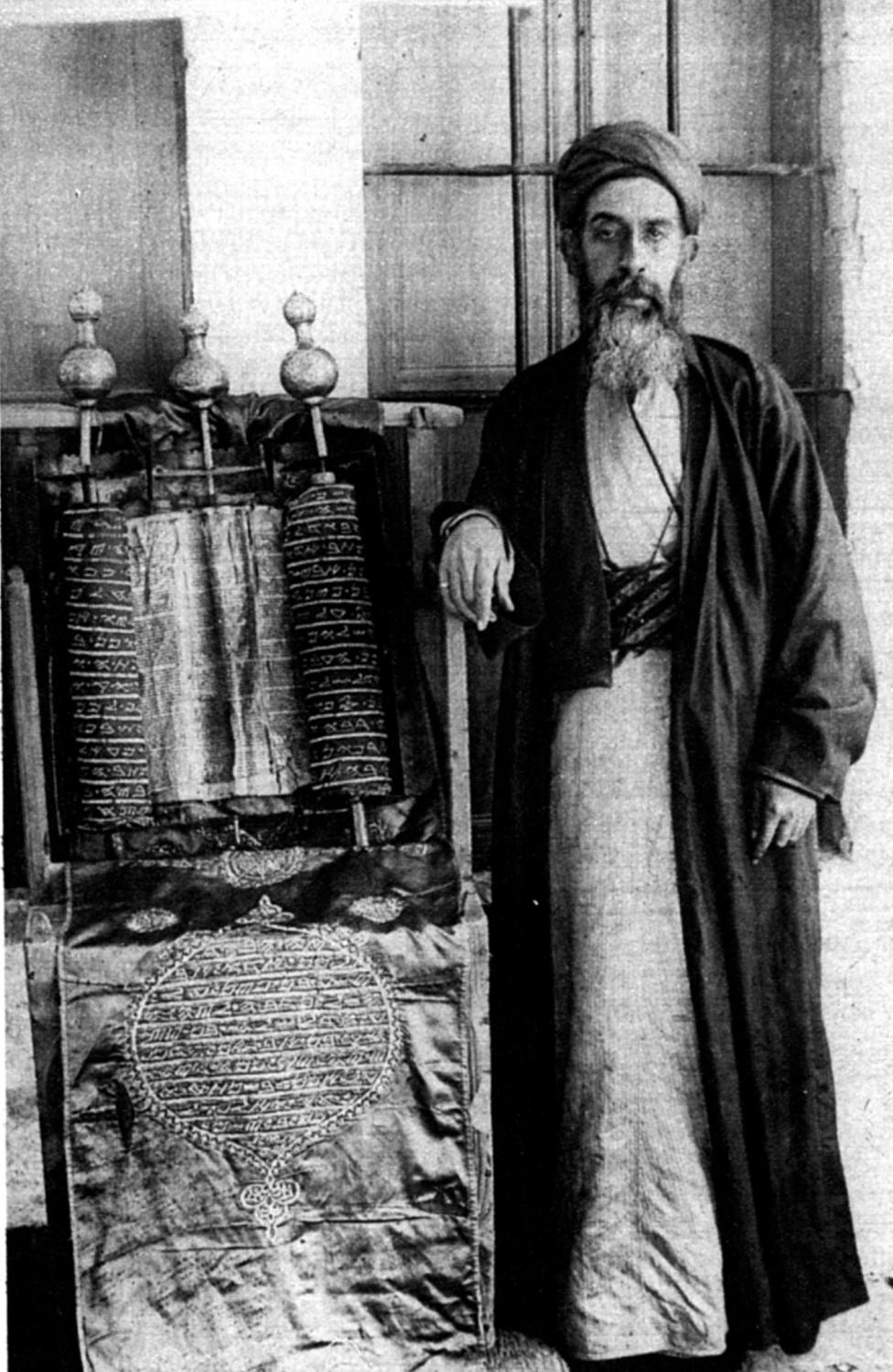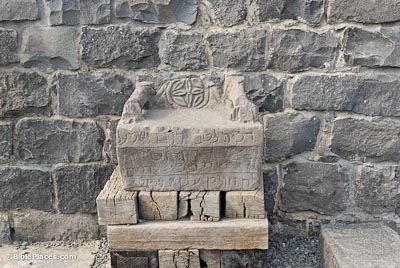
Today, in the comments section of this blog, I received an excellent question that many people have who are returning to the Hebraic roots of our faith. It is this: Why don’t we follow rabbinic Jewish oral tradition that purports to help us to understand the Written Torah of Elohim? Here’s my answer:
This is an excellent question and thanks for giving me the opportunity to address this issue. Many folks coming to the Hebraic roots of the Christian faith stumble have the same question. They figure that, since the Christian church purports to be antiTorah and since the Jews purport to be proTorah, we need to follow the Jews, since, ostensibly, they have been faithful to the Torah for all these millennia and we can learn from them and need to follow their example. On the surface, this seems like a reasonable proposition. The problem is that as one digs below the surface veneer and gets to the truth of the matter, neither of these propositions is correct. In fact, the Jews have veered from the Torah as much as the Christians by their non-biblical traditions. Perhaps, in fact, the Christians are better off than the Jews. At least they have the basic gospel message, and they, while claiming to be antiTorah actually follow much of the Torah (which they call the moral law). They just stumble over the dietary laws, the Sabbath and the biblical feasts and a few other minor Torah laws. These are the facts.
Now to your question about why we don’t follow rabbinic tradition lock, stock and barrel, or hook, line and sinker, as they say. Please give me chapter and verse in Scripture that states that Yeshua affirmed ALL Jewish tradition? On the contrary, he told the Jewish leaders of his day, “By your traditions, you make of no effect the Word of Elohim” (Mark 7:6–13; Matt 15:3–9), and then in Matt 5 he goes on to elaborate and condemn certain traditions of the elders that had in fact done this. Moreover, Paul was a Pharisee of the Pharisees at the highest level and was trained by Gamaliel, the grandson of Hillel the Great, yet Paul counted it all as dung (Phil 3:8). Moreover, the Jewish leadership of the first century who purported, as you suggest, to have the truth that we need to follow, told the disciples to stop preaching the gospel in the name of Yeshua, which they refused to do (Acts 6:33–42). This begs the question: Why should we follow those who hate Yeshua? Moreover, Yeshua commanded us to call no man “rabbi” (Hebrew meaning: “my great one”) except himself (Matt 23:8), which the modern Jews do in complete contempt and defiance of Yeshua the Messiah. Go study the life of “Rabbi” Akiba, the father and inventor of modern rabbinic Judaism, and his hatred for the Christians and all the unbiblical laws and anti-Christian rabbinic laws he invented and incorporated into modern rabbinic Judaism that persist to this day just to spite the Christians and the gospel message. Moreover, Yeshua condemned the antecedents to the modern rabbinic Jews nine times in Matt 23 for their ungodly, unscriptural traditions. Moreover, Paul and the apostles were vigorously fighting the non-biblical Jewish oral law or tradition that states that a Gentile male can’t be saved or brought into covenants of Israel unless they are first circumcised. The Acts 15 council and the whole book of Galatians addresses this non-biblical heresy—one that the rabbinic Jews still uphold to this day. Paul shows the fallacy of this teaching in Romans 4 and Galatians. Should I go on?
This is what we have to do. Take off our theological glasses that cause us to view the Bible through this or that tradition of men (be it Christian or Jewish). I’m not against men’s tradition per se. In fact, sometimes they can be helpful in helping us to understand the more vague areas of Scripture. What I am against is anything that diminishes or contravenes the written truth or word of Elohim as expressed in his written words, and there is plenty of each in both Christian and Rabbinic tradition.
If I’m going to submit myself to rabbinic oral tradition, then I may as well go back to the Roman Catholic Church and subscribe to all of their traditions. At least they have the basic gospel message, which is more than the Rabbinic Jews have. I have more chances of coming to faith in Yeshua in the Catholic Church, at least, than in Rabbinic Judaism.
Now there are some Jewish oral traditions that are very helpful, such as the various elements of the Passover seder that are above and beyond the four basic requirements specified in the Torah. In Yeshua’s last supper, for example, several of the things he did were pure Jewish tradition. They all pointed to him, even though the Jews of the day didn’t realize these specific traditions pertaining to the seder were prophetic and pointed to the Messiah. Bottom line? If a Jewish oral tradition doesn’t violate Scripture, points us to Messiah and helps us to grow in our faith and to fulfill better the commands of Elohim and in the process brings us into a closer walk with Elohim and Yeshua, then consider incorporating it into your life. If not, dispense with it.
As we go through life, every day we have to make judgments about what is right and wrong, true and false, and what we should or should not do. Every day, we’re using our skills of discernment to make judgments between good and evil, and then deciding what to think and do. It’s called “eating the fish and spitting out the bones.” We make these decisions based on our values, ethics and beliefs. When it comes to religious tradition, we must do the same by using the word of Elohim as the sole determining factor. Yeshua called this judging righteously (John 7:24). The problem is that most people don’t know the word of Elohim that well, so they rely on the traditions of men as a crutch to help them in this process. This is not only dangerous (you might end up believing an error), but it is wrong and can lead to apostasy! It’s time to roll up our sleeves and find out what the word of Elohim says. This is what will judge us in the last days at Yeshua’s second coming (e.g. Matt 5:19), and NOT the traditions of men, be they Christian or Jewish.
In conclusion, I have a lot of respect for the Jewish sages. I have studied them and have their writings in my library, and at times have quoted them extensively. The same is true of some of our esteemed Christian scholars and theologians. But as I get older and more mature in the word of Elohim, I find myself relying less and less on what men have to say about the Scriptures and more and more on the Scriptures themselves as led by the Spirit of Elohim who will lead us into all truth, as Yeshua said. Let’s all grow up and become those who feed on the meat of YHVH’s word instead of the milk as Paul told the Corinthians.




